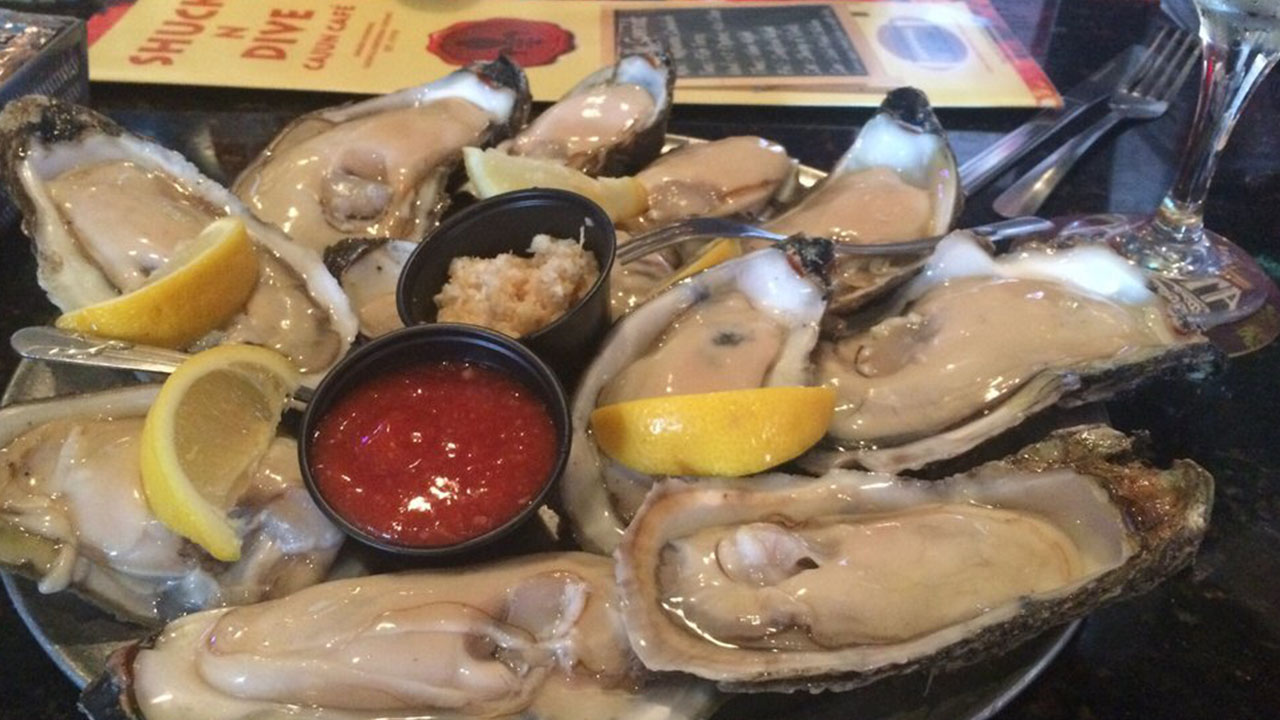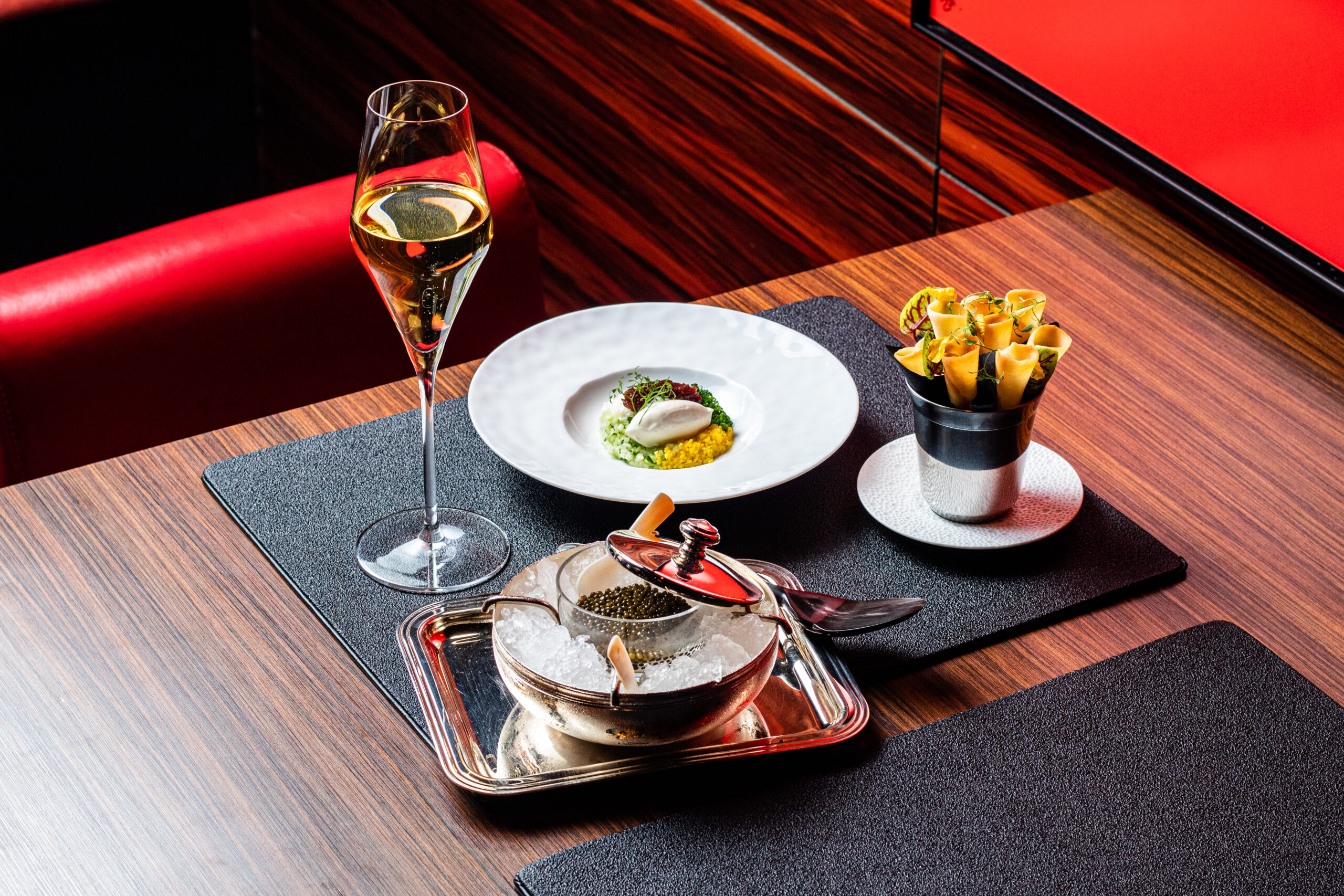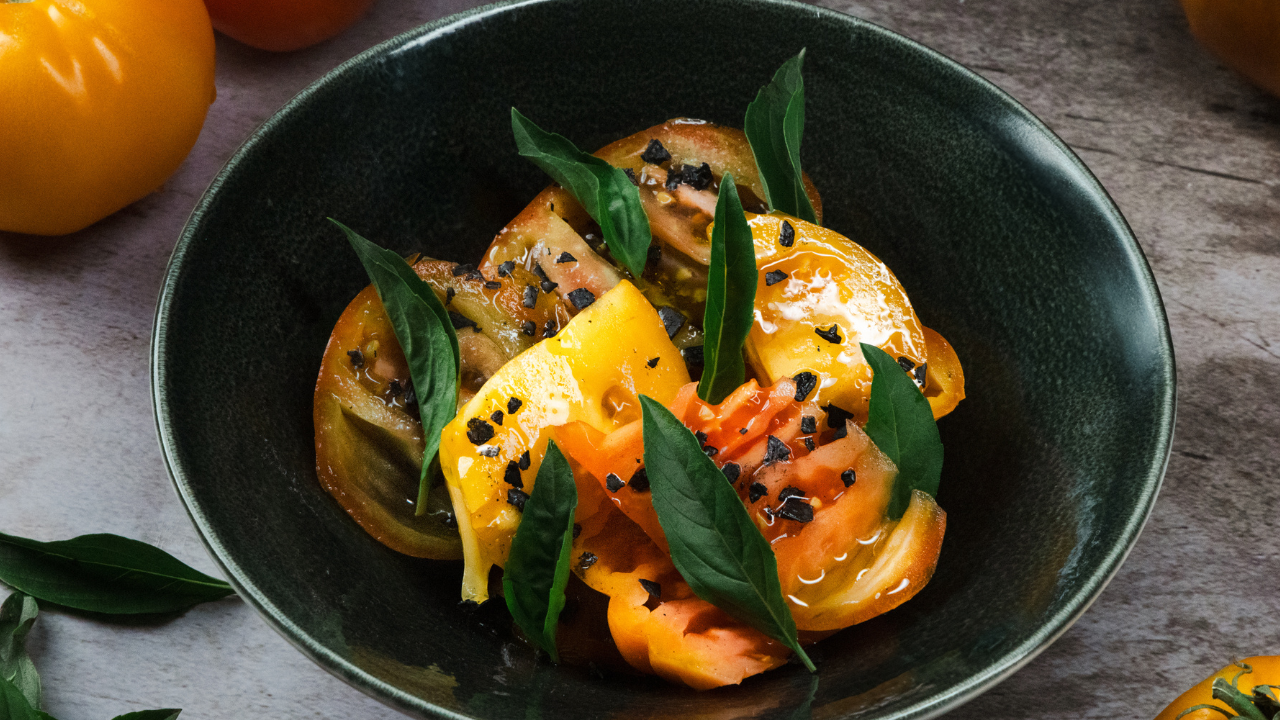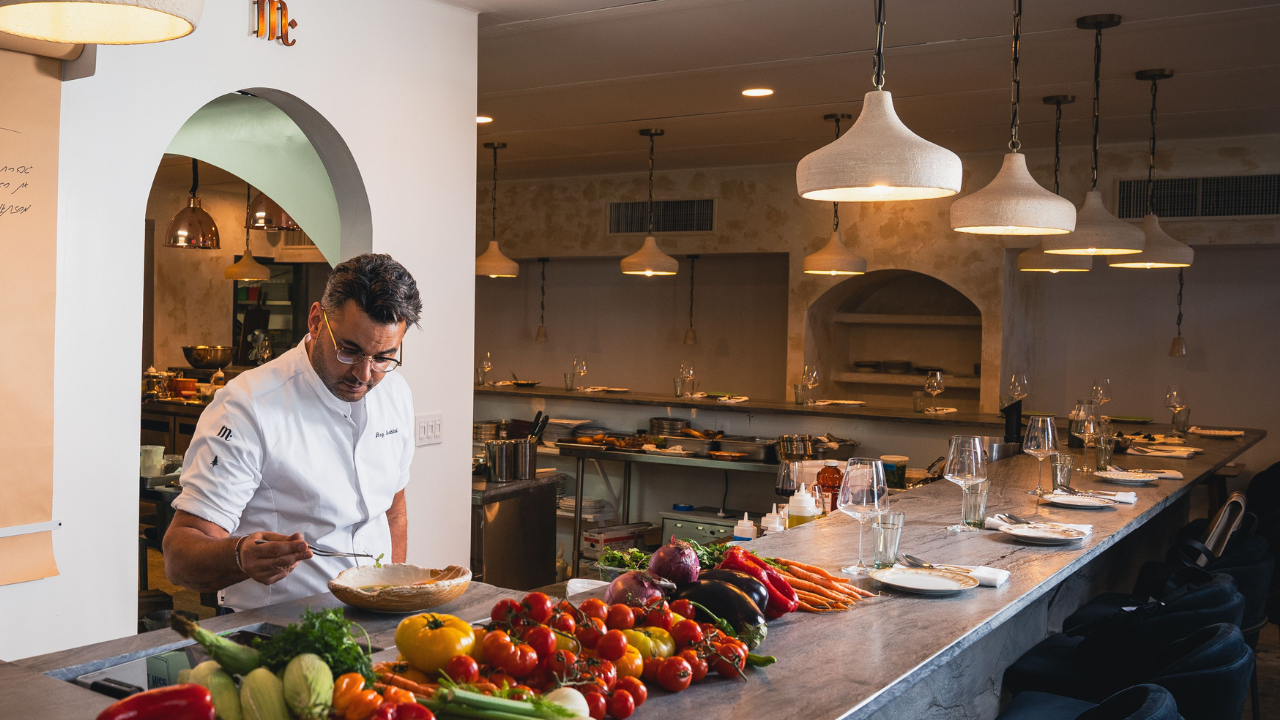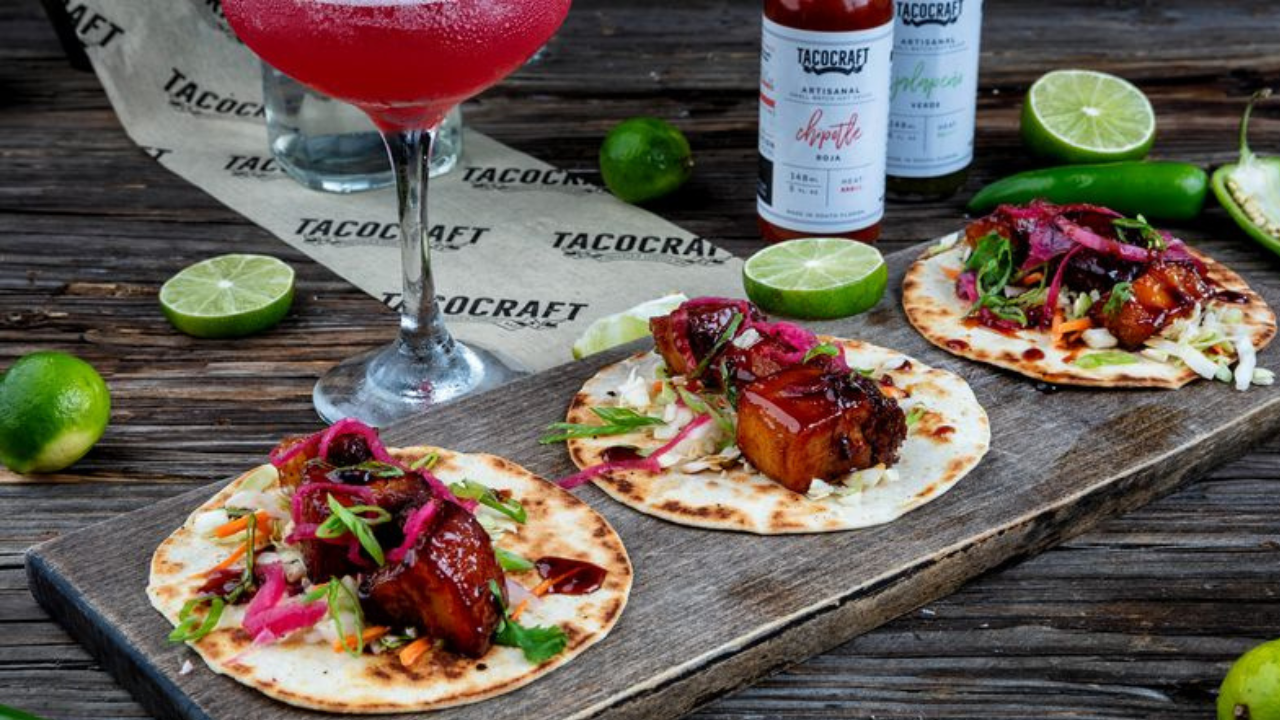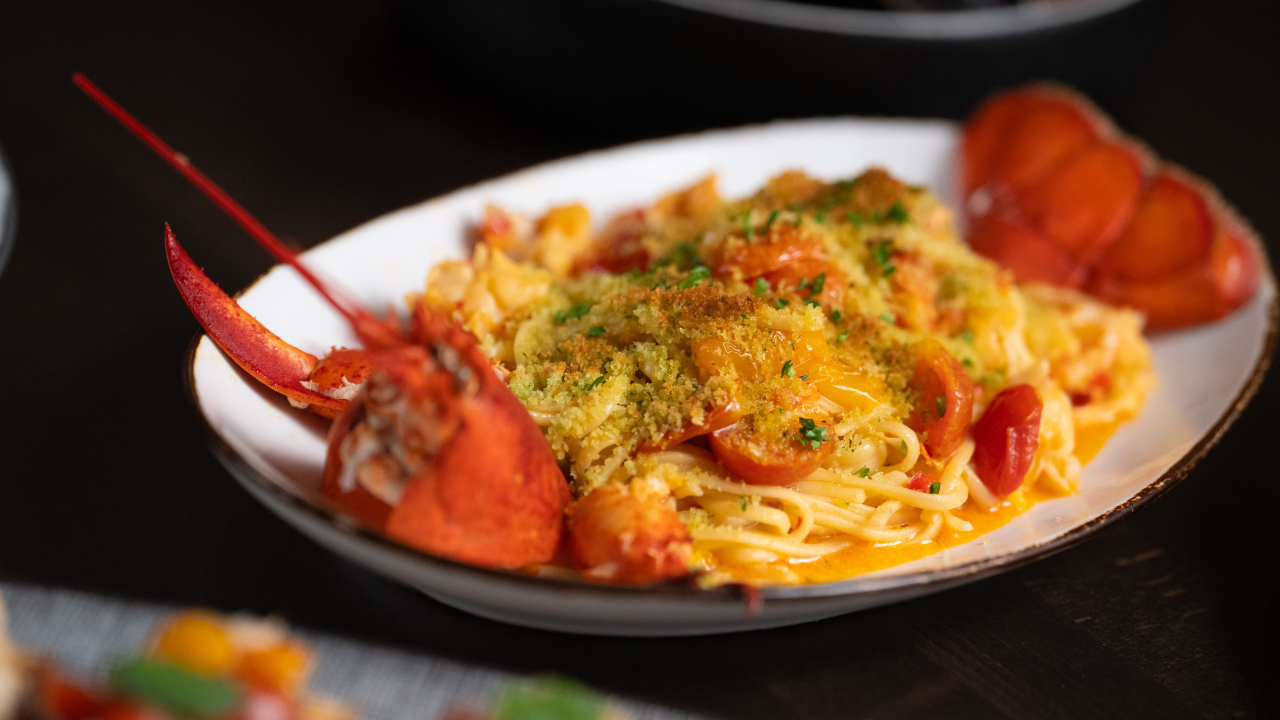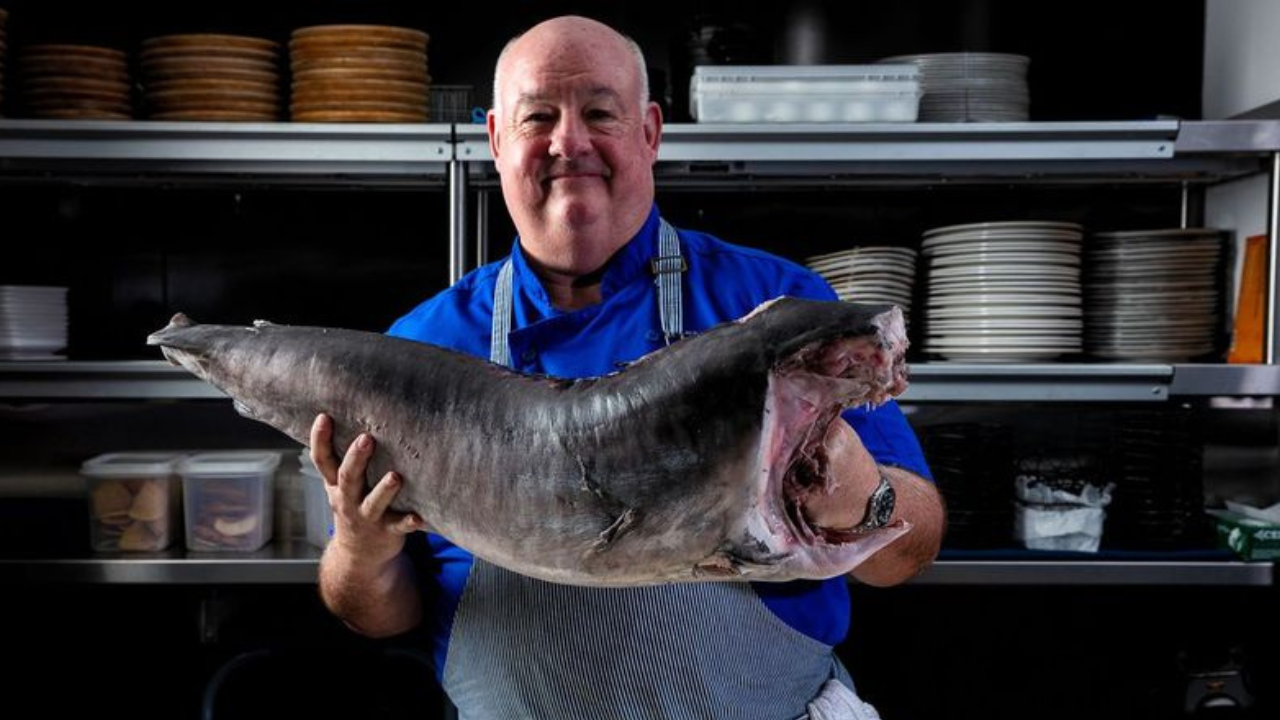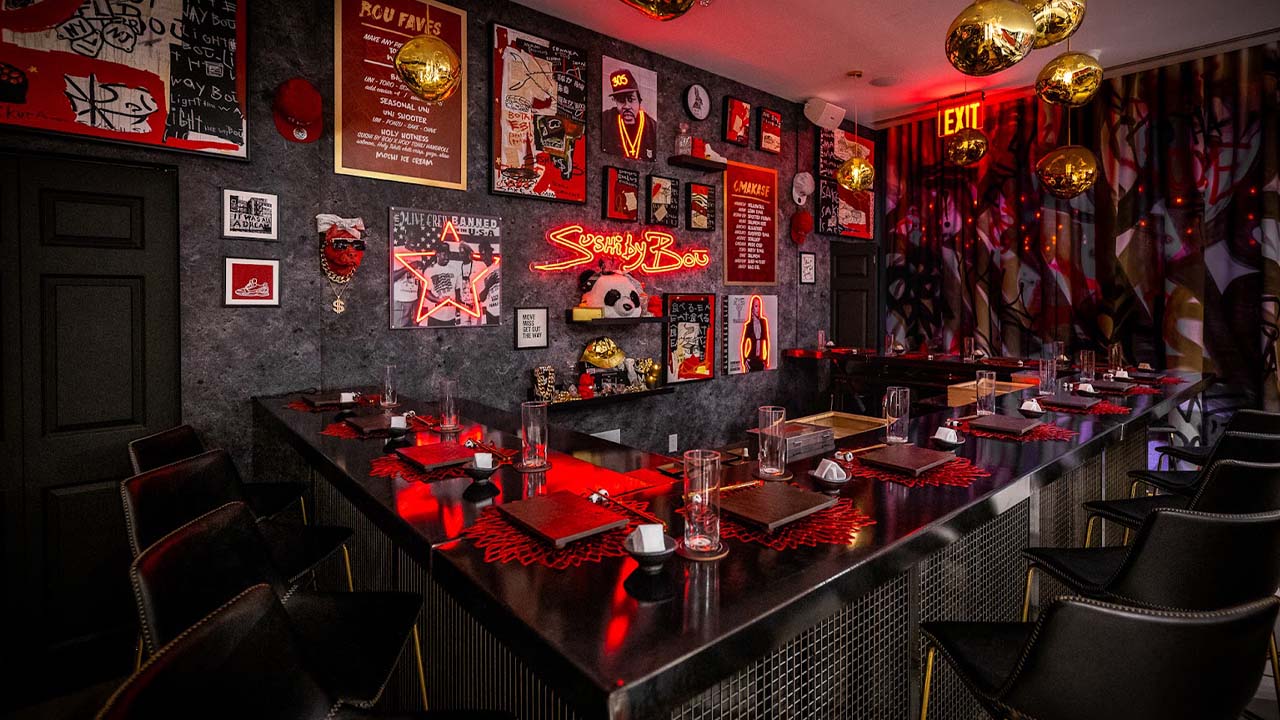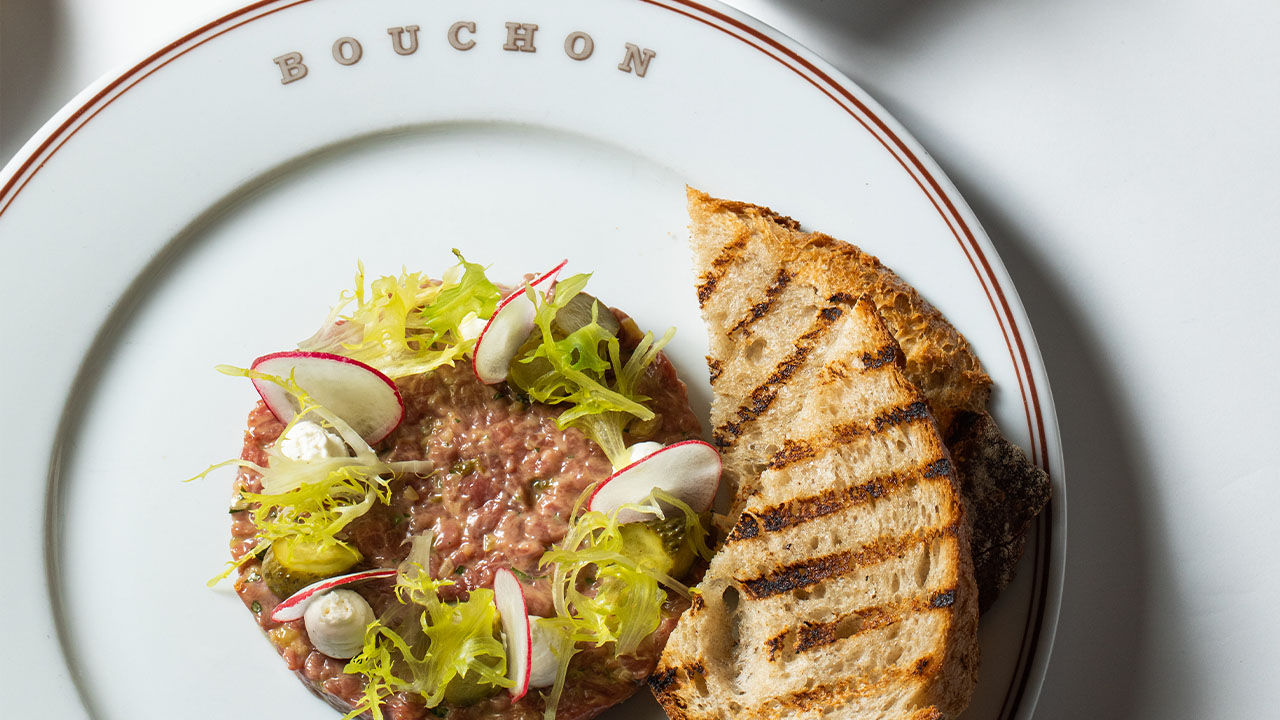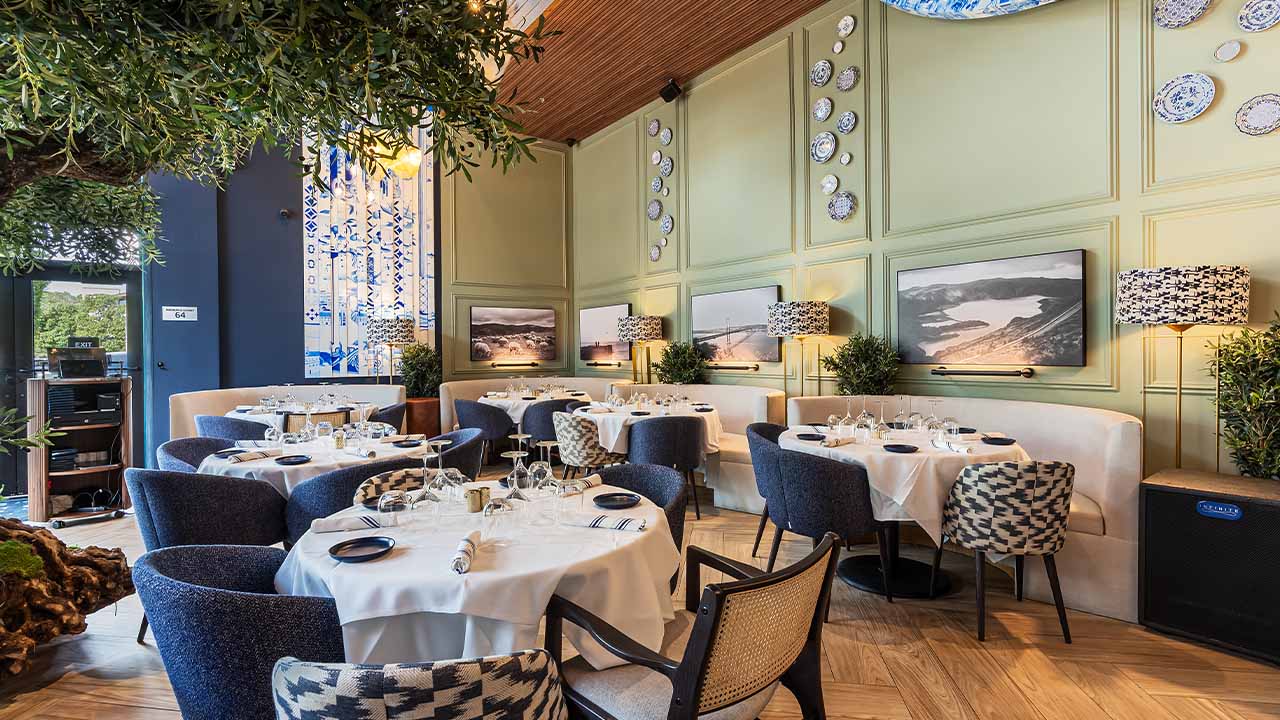There’s an old saying that you shouldn’t eat oysters unless the month has an “R” in it, but that’s not the case, so it’s time to slurp away. Who better to give the lowdown on oysters than founding chef and owner Danny Stasi (Chef Staz) of Shuck N Dive in Fort Lauderdale? His restaurant celebrates Cajun and New Orleans-style cooking and has served five million oysters since its founding in 1999.
Modern refrigeration and transportation are one reason oysters are safe to eat throughout the year. Stasi also notes that farm-raised oysters are seeded and harvested throughout the year. During a purification process, seawater is treated with ultraviolet lights to kill off any bacteria in its natural state.
Most of his oysters come from Louisiana, where a government agency checks the safety levels of about 30 harvesting zones. Harvesting is only allowed when water quality is optimal. His restaurant proudly uses “Louisiana Certified” logos.
The level of salt in the water is the crucial factor in oysters’ taste, Stasi says. Because of its low salinity and colder water, a West Coast oyster will likely have a more mineral, vegetable, or mushroom taste. Gulf oysters tend to be more briny.
Chef Staz especially likes oysters where the Mississippi River flows into the Gulf because of the nutrients coming down the river and the perfect mix of fresh and saltwater.
Wednesday is a big day for oysters at Shuck N Dive with a $1.50 oyster special. “My guys, two or three guys, start shucking at two in the afternoon and they don’t stop till 10,” he says. They have hit up to 4,000 oysters in one night.
The trinity of baked oysters near the top of the menu are:
- Black n Blues is the restaurant’s signature dish, topped with compound butter, a touch of blackening spice, and crumbled blue cheese.
- Oysters Rockefeller, topped with creamed spinach, onion, and garlic, and simmered in Pernod Liqueur.
- Oysters Bienville, with shrimp, bacon, onion, and green pepper in a cream reduction, are topped with parmesan cheese.
There are also fried oysters and others that you just need to ask for even if they aren’t on the menu.
“We do a charbroiled oyster that probably is as good a seller as anything,” Chef says. “We also do a Louisiana-style barbecue oyster. It’s not like a traditional barbecue in the sense of a red sauce or something like that. It’s done as a traditional New Orleans barbecue like barbecue shrimp.” There is also a pesto and parmesan oyster.
Chef Staz says to always look at the daily specials, as about 40 percent of the orders come from them.


